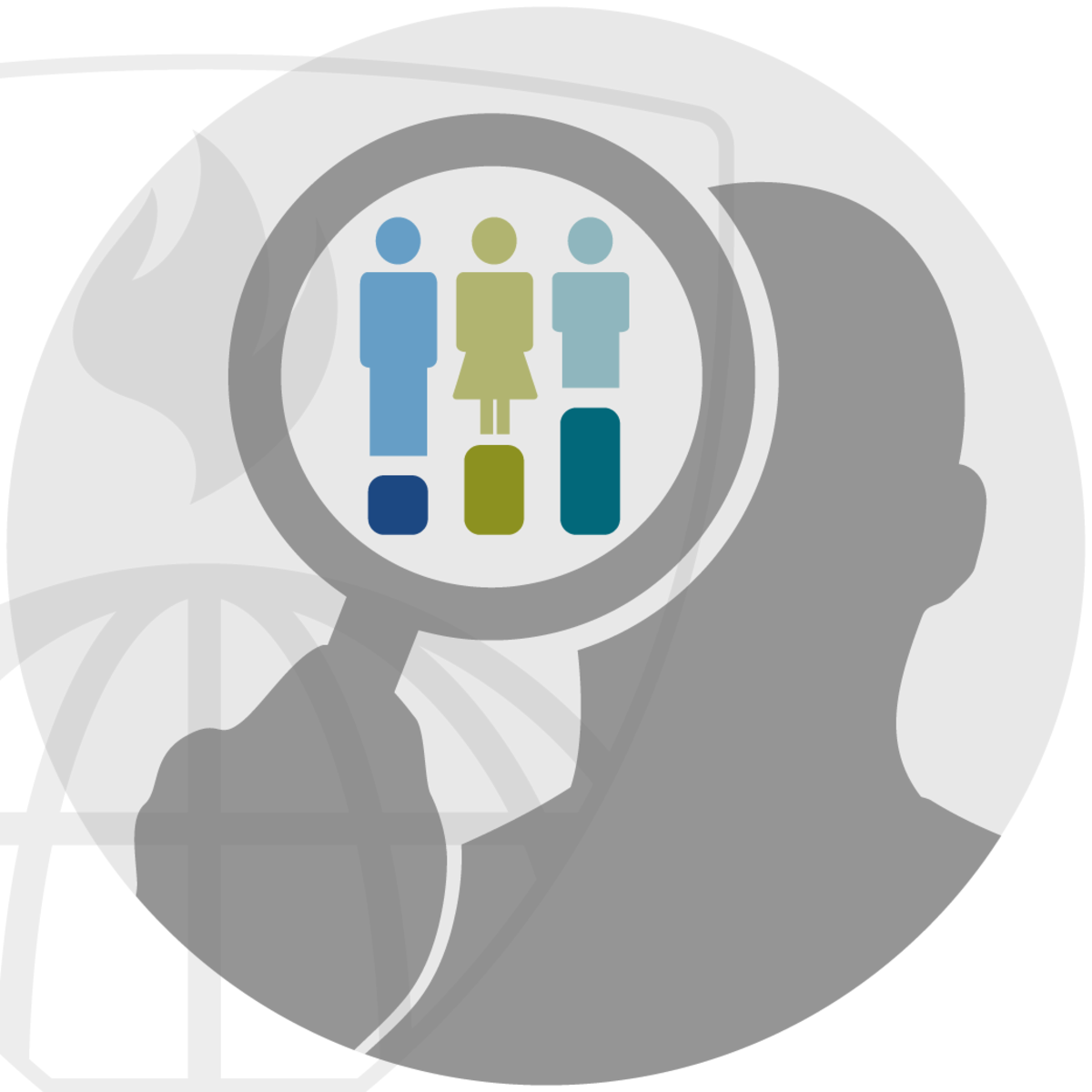
Intended for students who have completed the introduction to health equity research course and/or have previous experience working in this area. This course will cover innovative methods, practical tools, and skills required to conduct rigorous health equity research and translate evidence-based strategies into practice and policy. Covers topics ranging from conceptual frameworks for stakeholder engagement and behavioral intervention development, to adapting interventions for socially-at-risk populations, and research methods in healthcare services and social epidemiology.
What's inside
Syllabus
Designing Multi-Level Interventions To Close The Implementation Gap In Health Equity Research
This module provides as an introduction to the course. In this module, we discuss designing multi-level interventions to close the implementation gap in health equity research.
Read more
Syllabus
Good to know
Save this course
Reviews summary
Practical health equity research
Activities
Review prior knowledge of health equity research
Show steps
Revisit the fundamentals of health equity research to strengthen your understanding before delving deeper into the course.
Browse courses on
Health Equity Research
Show steps
-
Reread your notes or textbooks from previous courses on health equity research.
-
Summarize key concepts and theories of health equity research.
-
Identify any areas where you need additional review or clarification.
Review research methods
Show steps
Review fundamental research methods concepts to reinforce your understanding of course materials
Browse courses on
Research Methods
Show steps
-
Review lecture notes from previous courses or textbooks
-
Take practice quizzes or exams
-
Participate in online discussion forums
Participate in a study group
Show steps
Collaborate with peers to discuss course concepts, share insights, and enhance your understanding
Show steps
-
Find a group of classmates or colleagues
-
Set regular meeting times
-
Prepare for meetings by reviewing materials
-
Actively participate in discussions
Three other activities
Expand to see all activities and additional details
Show all six activities
Design a Multi-Level Intervention to Address a Health Equity Issue
Show steps
Creating a multi-level intervention will help you apply the principles learned in this course to a real-world health equity issue.
Browse courses on
Health Equity Research
Show steps
-
Identify a health equity issue to address.
-
Conduct a needs assessment to gather data on the issue.
-
Develop a multi-level intervention that targets different levels of influence.
-
Evaluate the effectiveness of the intervention.
Develop a health equity intervention plan
Show steps
Create a comprehensive plan to address health equity issues, applying concepts learned in the course
Show steps
-
Identify a specific health equity issue
-
Research and analyze data to understand the issue
-
Develop a multi-level intervention strategy
-
Outline an implementation plan
-
Evaluate potential impact and sustainability
Analyze health equity data
Show steps
Practice analyzing health equity data using statistical software or tools to refine your skills
Show steps
-
Obtain datasets from reputable sources
-
Use statistical software to analyze data
-
Interpret results and identify trends
-
Write a brief report summarizing findings
Review prior knowledge of health equity research
Show steps
Revisit the fundamentals of health equity research to strengthen your understanding before delving deeper into the course.
Browse courses on
Health Equity Research
Show steps
- Reread your notes or textbooks from previous courses on health equity research.
- Summarize key concepts and theories of health equity research.
- Identify any areas where you need additional review or clarification.
Review research methods
Show steps
Review fundamental research methods concepts to reinforce your understanding of course materials
Browse courses on
Research Methods
Show steps
- Review lecture notes from previous courses or textbooks
- Take practice quizzes or exams
- Participate in online discussion forums
Participate in a study group
Show steps
Collaborate with peers to discuss course concepts, share insights, and enhance your understanding
Show steps
- Find a group of classmates or colleagues
- Set regular meeting times
- Prepare for meetings by reviewing materials
- Actively participate in discussions
Design a Multi-Level Intervention to Address a Health Equity Issue
Show steps
Creating a multi-level intervention will help you apply the principles learned in this course to a real-world health equity issue.
Browse courses on
Health Equity Research
Show steps
- Identify a health equity issue to address.
- Conduct a needs assessment to gather data on the issue.
- Develop a multi-level intervention that targets different levels of influence.
- Evaluate the effectiveness of the intervention.
Develop a health equity intervention plan
Show steps
Create a comprehensive plan to address health equity issues, applying concepts learned in the course
Show steps
- Identify a specific health equity issue
- Research and analyze data to understand the issue
- Develop a multi-level intervention strategy
- Outline an implementation plan
- Evaluate potential impact and sustainability
Analyze health equity data
Show steps
Practice analyzing health equity data using statistical software or tools to refine your skills
Show steps
- Obtain datasets from reputable sources
- Use statistical software to analyze data
- Interpret results and identify trends
- Write a brief report summarizing findings
Career center
Health Equity Researcher
Social Epidemiologist
Health Services Researcher
Intervention Developer
Health Promotion Specialist
Community Health Worker
Health Policy Analyst
Health Equity Advocate
Public Health Nurse
Social Worker
Health Educator
Epidemiologist
Statistician
Data Scientist
Health Care Administrator
Reading list
Share
Similar courses
OpenCourser helps millions of learners each year. People visit us to learn workspace skills, ace their exams, and nurture their curiosity.
Our extensive catalog contains over 50,000 courses and twice as many books. Browse by search, by topic, or even by career interests. We'll match you to the right resources quickly.
Find this site helpful? Tell a friend about us.
We're supported by our community of learners. When you purchase or subscribe to courses and programs or purchase books, we may earn a commission from our partners.
Your purchases help us maintain our catalog and keep our servers humming without ads.
Thank you for supporting OpenCourser.



